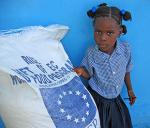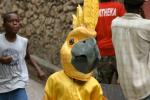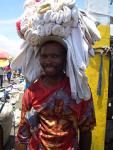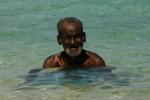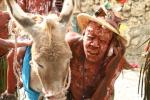Haitian Government Expands Agreement with Royal Carribean
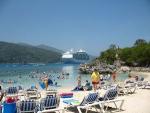 For Peace Corps Volunteers living on the Central Plateau, Cap Haitian was a nice city to spend a long weekend in. Sure, the road was unbelievably rough, but there are nice hotels, restaurants, and beaches. Of those beaches, Labadee is one of the nicest and is basically set aside for Royal Carribean. According to the Miami Herald, Royal Carribean and the Haitian Government recently inked a deal to expand the cruise line's operations in Haiti significantly.
For Peace Corps Volunteers living on the Central Plateau, Cap Haitian was a nice city to spend a long weekend in. Sure, the road was unbelievably rough, but there are nice hotels, restaurants, and beaches. Of those beaches, Labadee is one of the nicest and is basically set aside for Royal Carribean. According to the Miami Herald, Royal Carribean and the Haitian Government recently inked a deal to expand the cruise line's operations in Haiti significantly.




